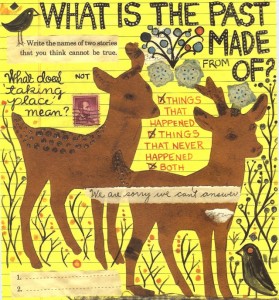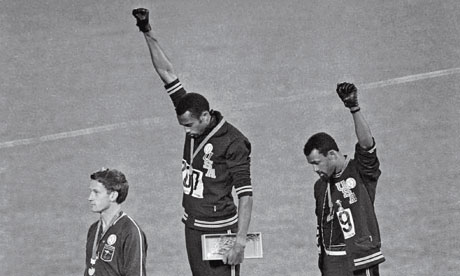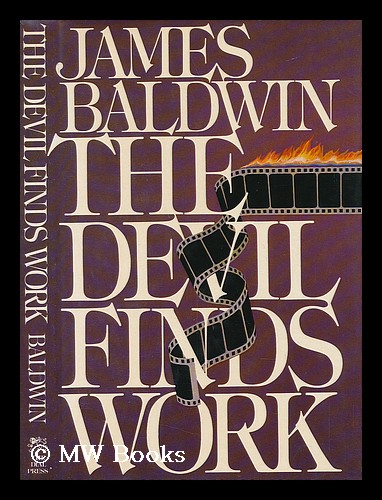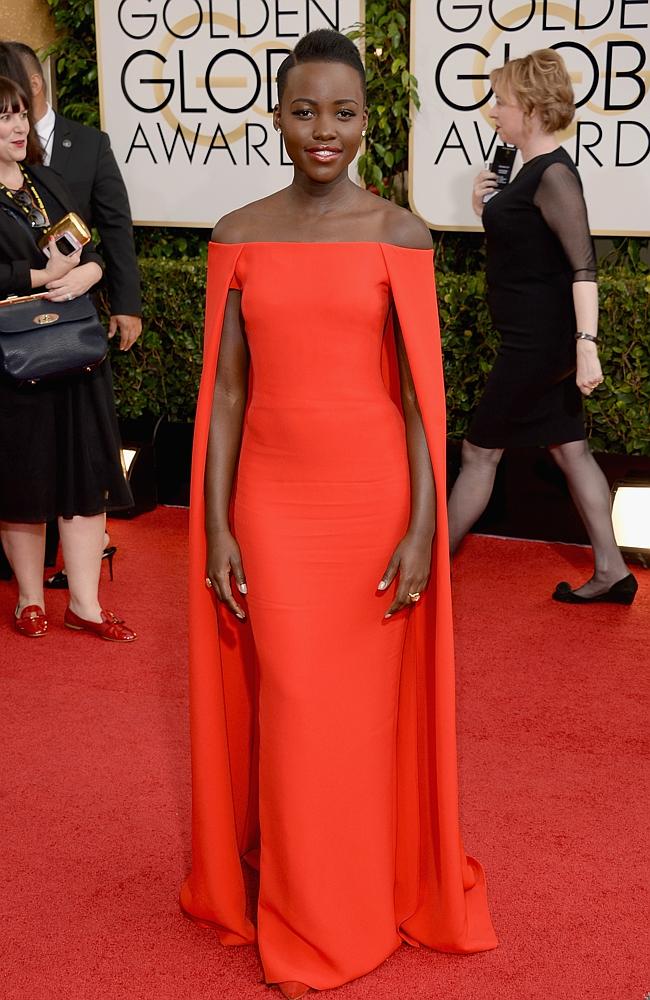Why is it when critics confront the American as Negro they suddenly drop their advanced critical armament and revert with an air of confident superiority to quite primitive modes of analysis?”
—Ralph Ellison, “The World and the Jug”
Ta-Nehisi Coates’ latest book Between the World and Me has prompted the critical establishment to embarrass itself even more than is its wont. As I wrote earlier this week at Splice Today, the Economist and the NYT both wrote the same review of Coates’ book in which they flapped anxiously at his lack of respect for 9/11 firefighters and assured him that the world was getting better all the time because of nice establishment folks at the NYT and Economist, why oh why must he be so bitter? To follow that, Freddie de Boer spoke up for the anti-establishment establishment to insist that he did like Coates but only within limits—which is to say, he didn’t like him as much as he liked James Baldwin. DeBoer then went on to insist that the rest of the media overpraises Coates, thereby implying (in line with the anti-establishment establishment playbook) that he alone is telling it like it is and everyone else is blinded by something that sure sounds like liberal guilt, even though deBoer assures us that’s not what he means. (Posts are here and here.)
DeBoer on twitter suggested that objections to his minor critiques of Coates demonstrate his point—i.e., that Coates is overpraised. But I don’t think the resistance deBoer is meeting is because he criticized Coates. Because, as lots of folks have pointed out, there’s tons of criticism of Coates. Again, reviews in the NYT and Economist — two of the largest profile venues around—were both mixed to negative. There have also been a number of criticisms questioning his treatment of black women, notably Shani O. Hilton’s piece at Buzzfeed and a really remarkable essay by Brit Bennett at the New Yorker. I also saw Coates being taken to task in no uncertain terms earlier this week on twitter for alleged failures to reach out to black media with advanced review copies. The idea that Coates is somehow sacrosanct is simply nonsense. Though as Tressie McMillan Cottom pointed out on twitter, it might be easy to miss those critiques if you’re not reading, or considering the words of, any black writers.
And I think that’s really the frustrating thing about deBoer’s argument here. The discussion of Coates’ work, and the reception of it, is framed almost entirely in terms of the health and thought of a left which is figured as implicitly white. In an earlier piece on online media, for example, deBoer made a glancing sneer at folks who frequent Coates’ lovingly moderated comments section at the Atlantic. DeBoer characterized them as a “creepshow” and sneered that they were “asking [Coates] to forgive their sins.” I don’t know how to read that except as a suggestion that Coates’ commenters are actuated by white liberal guilt. Which assumes that none of the commenters are black. Which is a mighty big assumption to make, it seeems like.
Presumably deBoer would say that he wasn’t talking about all the commenters, just the creepshow white ones. But then, why are white commenters the only ones who get mentioned? Why is the criticism and the conversation always focused on white people? Why does a discussion of Coates’ work, turn, in deBoer’s second post, into an embarrassing paen to deBoer’s own righteous consistency? “They used to say I was leftier-than-thou, that I always wanted to be left-of-left. Now they say I’m anti-left. I guess that changed. But I didn’t change,” he declares. Coates’ book isn’t a chance to talk about Coates’ book. It’s not even a chance to respond to Coates’ criticism, exactly, since deBoer doesn’t directly acknowledge in his second piece that one of the people calling him out is Coates himself. Instead, the post is an opportunity for deBoer to declare himself, again, the one righteous man, stuck in the same righteous rut as ever.
I wish deBoer weren’t trapped in quite that impasse for various reasons, but the most relevant one here is that there really is a worthwhile discussion to be had about how white critics can, or should, approach black works of art. On the one hand, I think it’s important for white critics to engage with work by black artists because those works deserve serious consideration by everyone, of whatever color. Creators like Ta-Nehisi Coates, or Rihanna, or Jacob Lawrence, are not in some marginal genre, to be considered as footnotes. They’re at least as important as Harper Lee, or Madonna, or Picasso, and they should be treated as such by whoever happens to be sitting down at the keyboard.
But at the same time, when white critics write about black artists, they often bring with them a lot of presuppositions, and a lot of racism — both personal and structural. White people have been defining and criticizing black people for hundreds of years, and mostly that process has ended up with white people declaring, in one way or another, that black people aren’t human, not infrequently as a prelude to killing them. “Too often,” Ellison writes, “those with a facility for ideas find themselves in the councils of power representing me at the double distance of racial alienation and inexperience.” There’s a brutal, relevant history there that you have to think about before you as a non-black critic blithely insist a black author is too bitter, or start spiraling off at random to discuss your own career prospects.
Too easy praise can be as condescending as too easy sneering, of course. There’s no easy route to truth, though an awareness of the difficulty of the task should probably be balanced with the recognition that the trials of the white critic are not the most difficult trials ever devised. In any case, it’s worth keeping in mind, when that piece takes shape in your head, that out there in the world black people exist, who have been known to criticize black art themselves, and even, at times, white critics.
“So will my page be colored that I write?
Being me, it will not be white.
But it will be
a part of you, instructor.
You are white—
yet a part of me, as I am a part of you.
That’s American.
Sometimes perhaps you don’t want to be a part of me.
Nor do I often want to be a part of you.
But we are, that’s true!
As I learn from you,
I guess you learn from me—
although you’re older—and white—
and somewhat more free.”—Langston Hughes, “Theme From English B”






